A guide to taking your medication
A guide co-created with patient associations
With the invaluable help of representatives from two patient organizations SIC and AVEC, we have co-created this guide.
It is a non-exhaustive list of important points underlined by the two organizations.
Our goal is to give you, the patient, the knowledge and tools to make taking your medication easier.
We hope this guide will give you a better understanding of and greater peace of mind in the management of your treatment.


As a general rule, you must always:
- Refer to your doctor’s prescription.
- Refer to the package leaflet supplied with the medicine.
- Consult your doctor, specialist or pharmacist if you have any doubt.
- Contact your doctor, specialist or pharmacist if you get any unusual symptoms or unexpected reactions.
1. Why do I need to take medication?
Medicines are products that can:
- Treat an illness: e.g. antibiotics for a bacterial infection
- Stabilize an illness: e.g. high blood pressure
- Relieve the symptoms of an illness: e.g. pain
- Prevent an illness: e.g. a vaccine
- Modify a bodily function: e.g. the contraceptive pill
2. What does my medicine contain ?

A medicine contains various substances:
Active principle(s)
A chemical or natural substance that acts against the cause of an illness, its symptoms, or both.
Excipients
An excipient is a constituent of a medicine other than the active substance. Excipients ensure the stability of the medicine and can also improve its taste, its consistency, making it easier for patients to take.
The excipients used in medicines are all registered, approved and periodically tested by the national and international health authorities.
3. Why does my medicine have more than one name?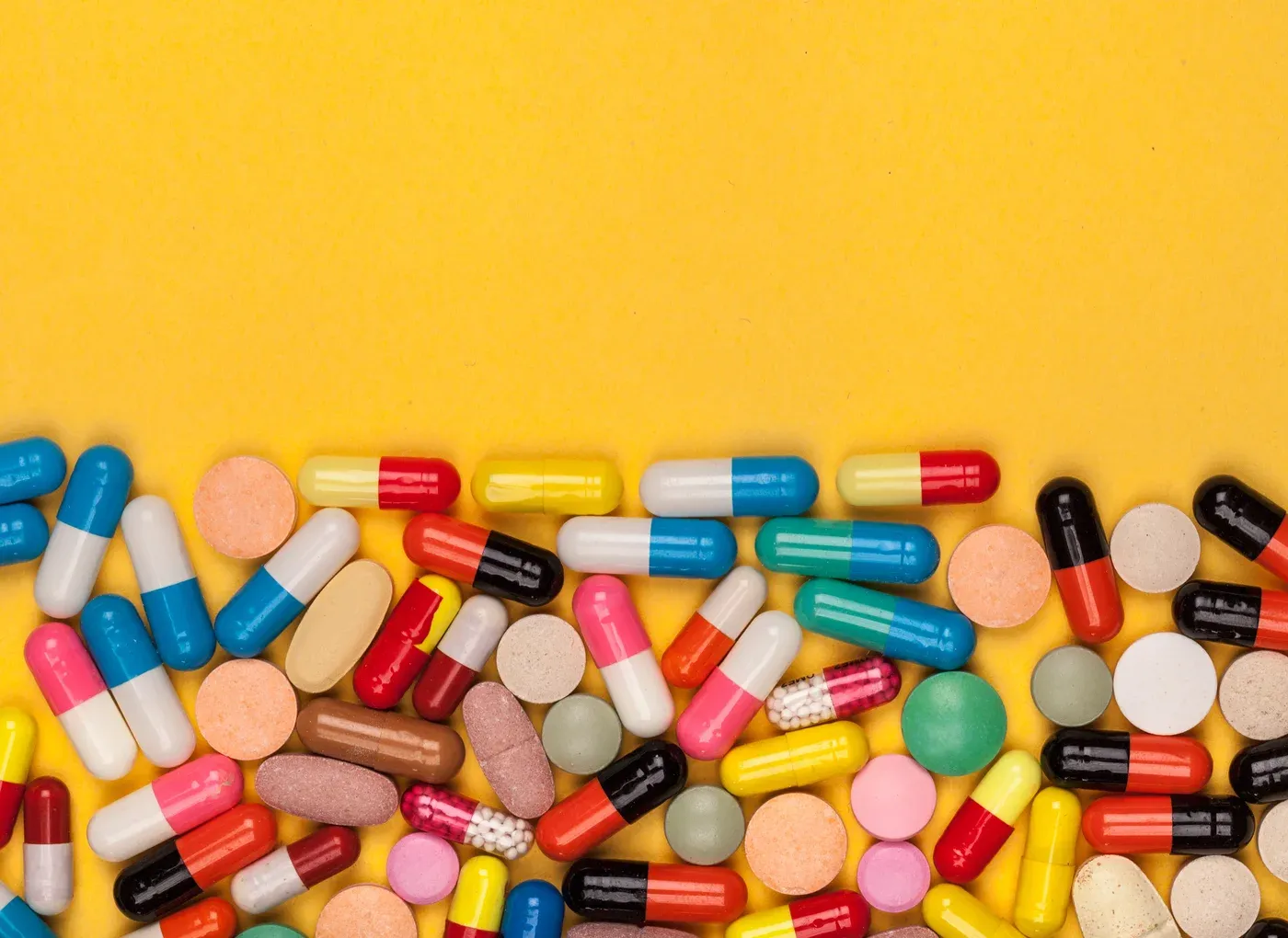
There are three ways to name a medicine, which can be confusing.
Chemical name
When researchers discover a medicine, they give it a chemical name to describe its atomic structure (e.g. acetoxybenzoic acid).
However, these names are very rarely used in practice.
International nonproprietary name (INN)
This naming system is recognized worldwide. It is used unambiguously in many languages to identify an active substance in every country (e.g. paracetamol).
When travelling, it is very important to know the INN of each medicine you are taking!
That is because you will need to provide it should you wish to obtain a medicine that is usually prescribed in your home country.
Trade name (or brand name)
This is given by the pharmaceutical company that markets the medicine and can vary from one country to another.
4. How should I take my medicine?
Can I split, crush or dissolve tablets, or open capsules?
- Splitting tablets – Some tablets can be split, but not others. If a tablet can be split, it has a break line. If there is no break line, the tablet must not be split.
- Crushing tablets – This is generally not recommended. Once crushed, some tablets may become toxic – e.g. some cancer treatments.
- Dissolving tablets – Some tablets can be dissolved in water or any other liquid: if so, the package leaflet will tell you. Otherwise, you must not dissolve tablets.
- Opening capsules – It is strongly recommended not to open capsules to dissolve the contents or even to consume the different elements separately.
Taking your medicine in ways that are not recommended risks modifying its absorption into the bloodstream from the stomach or intestine, and therefore its efficacy.
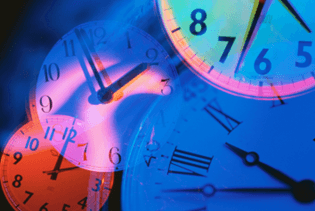
Do I need to take this medicine with a meal?
Some medicines must be taken with meals, to promote their absorption or to avoid digestive side effects. Others must be taken on an empty stomach. After a meal, stomach acidity increases, which means that some medicines are less well absorbed. So, they need to be taken on an empty stomach – for example, at least 30 minutes before or 3 hours after a meal.
If nothing is specifically mentioned in the package leaflet, the medicine can be taken irrespective of meals.
What if I forget to take my medicine?
- If you forget to take your medicine at the prescribed time, the action you take must depend on the usual pattern of doses.
- If you are in any doubt, it is always preferable to take your next dose at the usual time and in the prescribed quantity.
- As a general rule, never take a double dose to make up for a forgotten dose.
If you are in any doubt, it is preferable to ask your doctor for advice.
Any tips to help me remember to take my medication?
Here is a non-exhaustive list of tips to help you remember to take your medication:
- Associate it with a ritual (when you brush your teeth, go to bed, etc.).
- Take your medication at a specific time.
- Keep your medication in a strategic place.
- Use a pill box.
- Use a specialized application for treatment adhesion (adherence).
- Schedule alerts on your phone, for example.
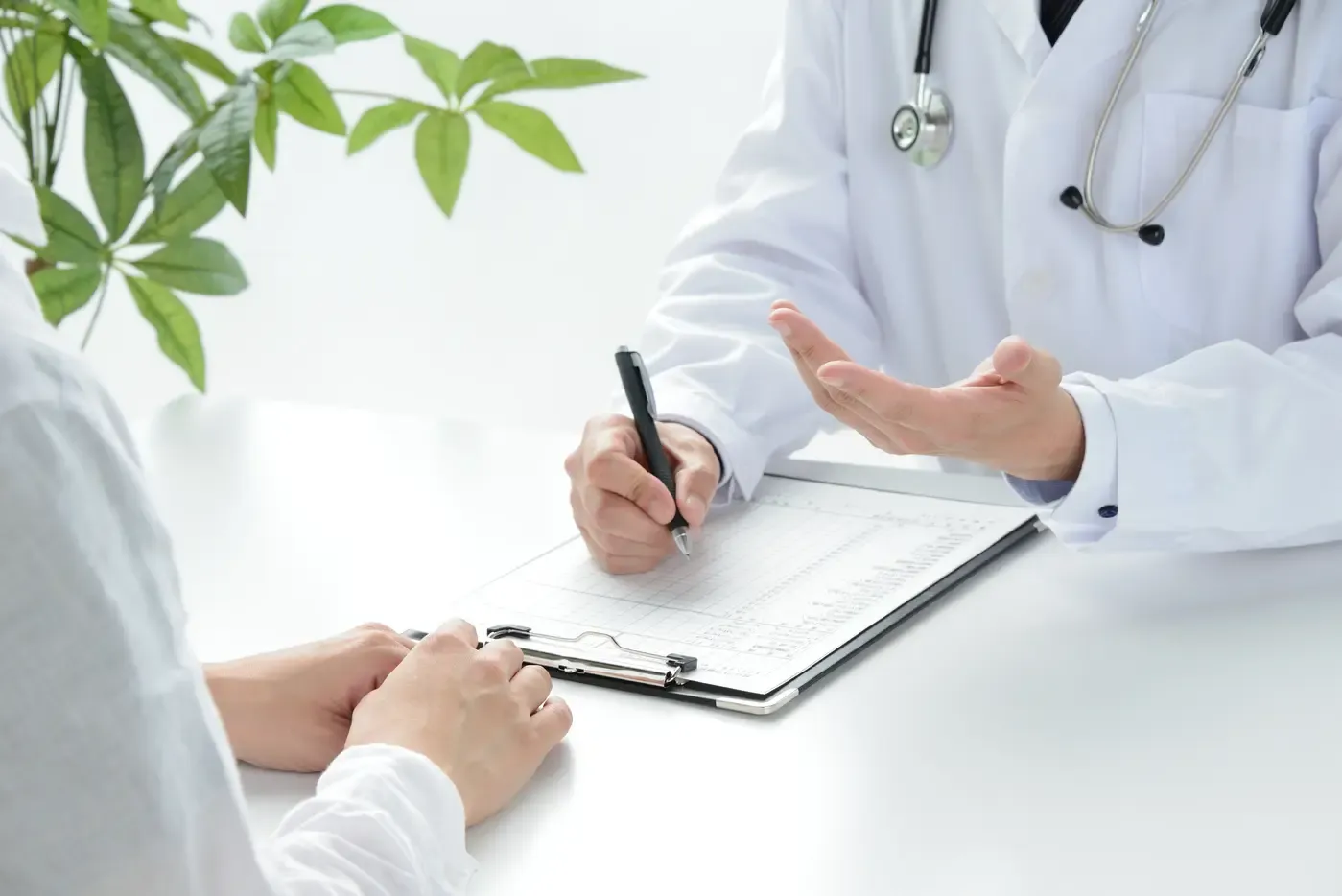
How do I know the maximum dose and treatment duration?
The maximum daily dose is the amount you must not exceed in one day because it can harm your health and put you at risk of an overdose. The maximum daily dose can be expressed as g/day, mg/day or mg/kg/d (often in pediatric medicine).
5. Do I need to watch my diet while I am on medication?
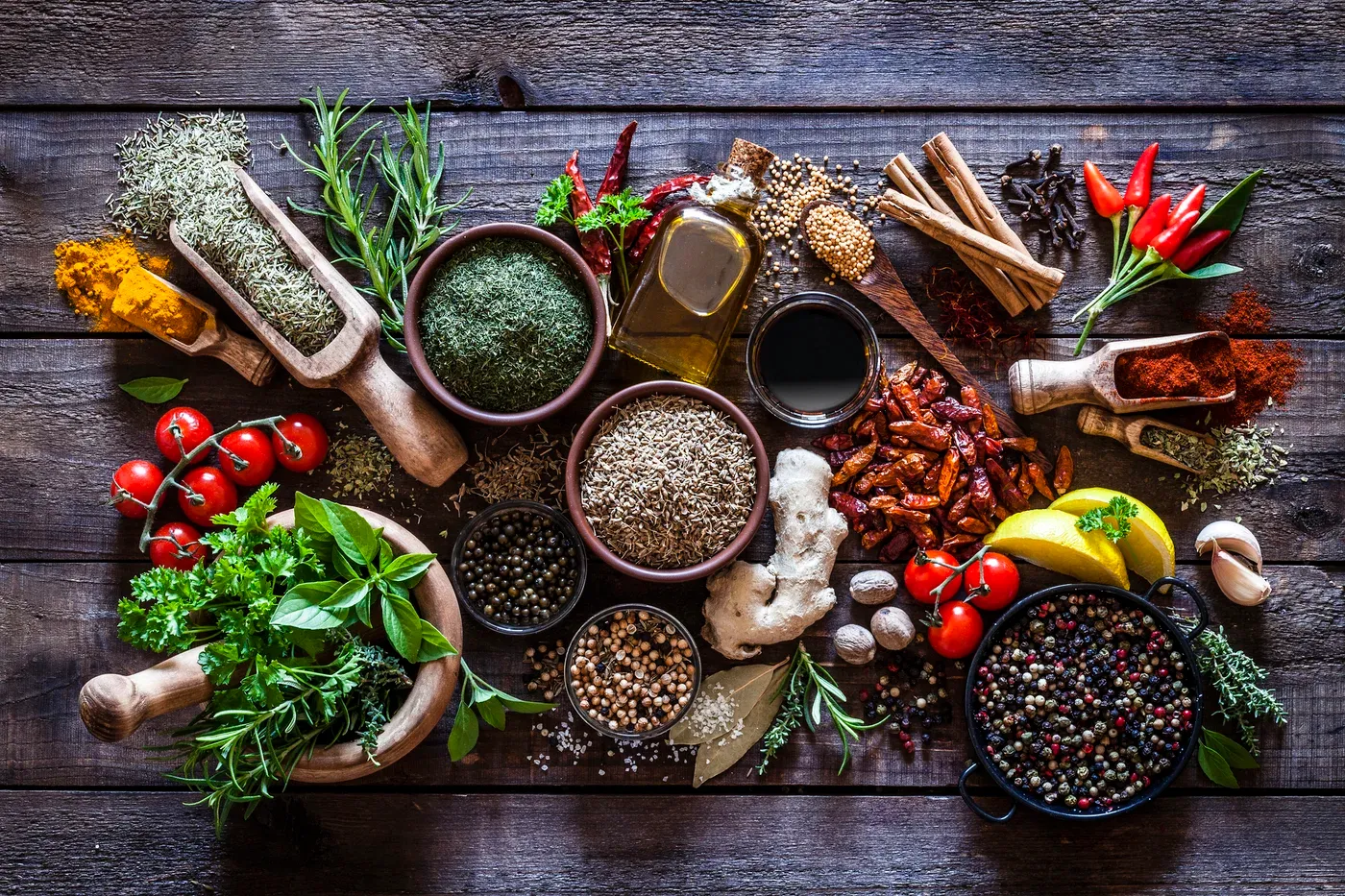
Your diet can affect the action of medicines in multiple ways.
Some foods or drinks can modify their efficacy or toxicity.
Ask your doctor what precautions you need to take.
6. How must I store my medication?

To ensure that your medicines are safe and effective, it is important to keep them in a cool and dry place. For example, avoid storing them in the bathroom, near the cooker, near the sink or near any other source of heat or humidity.
Refrigerator
Some medicines must be kept in the refrigerator and if so, the package leaflet will tell you. However, if this is not mentioned, it is not recommended to keep medicines in the refrigerator as this may modify their efficacy.
Pill box
To organize your treatment and avoid forgetting to take it, you can also buy a pill box at a chemist, drugstore or from a supplier of medical equipment. These have compartments for the days of the week, each divided into 4 or 5 compartments for the times of the day.
For optimal storage, it is recommended not to store the medicine outside of its packaging (blister) for any longer than 1 week.
7. When travelling
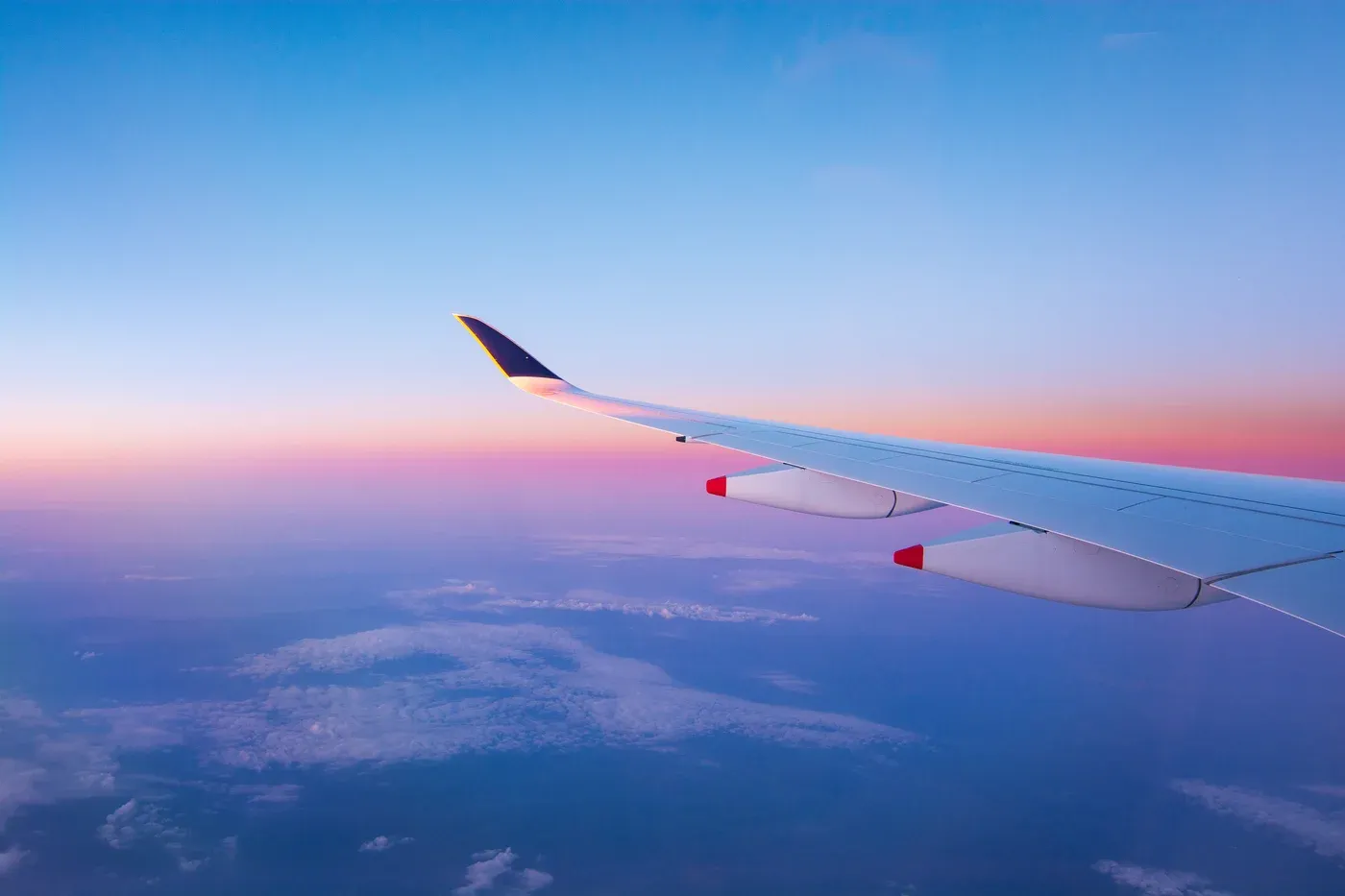
- If there is a time difference, remember to adjust your treatment times to the destination country – e.g. getting up in the morning, lunch, evening meal, etc.
You can do this gradually over several days, starting before departure and continuing after arrival. You must anticipate and prepare this with your doctor, particularly for trips longer than 48 hours and with time differences of 3 hours or more. - If your illness is chronic, take enough medication with you to cover the length of the trip and ideally up to 4 additional days.
- Always take your medicines with you in their original bottle or blister, along with their package leaflets and prescription.
- If you are flying and taking medication for a chronic illness, keep with you in the cabin enough medication for at least 4 days, plus the prescription. This is a precaution in case of loss of luggage.
- Take a prescription that is preferably printed rather than handwritten and which contains the international nonproprietary name (INN) of the active substance, so that you can use it abroad if you need to.
- Before travelling, find out about the regulations that apply when abroad (presentation of a prescription or specific authorization at customs).
As a general rule and to avoid all risk of error, it is preferable not to buy medicines when abroad without the advice of a doctor or pharmacist.